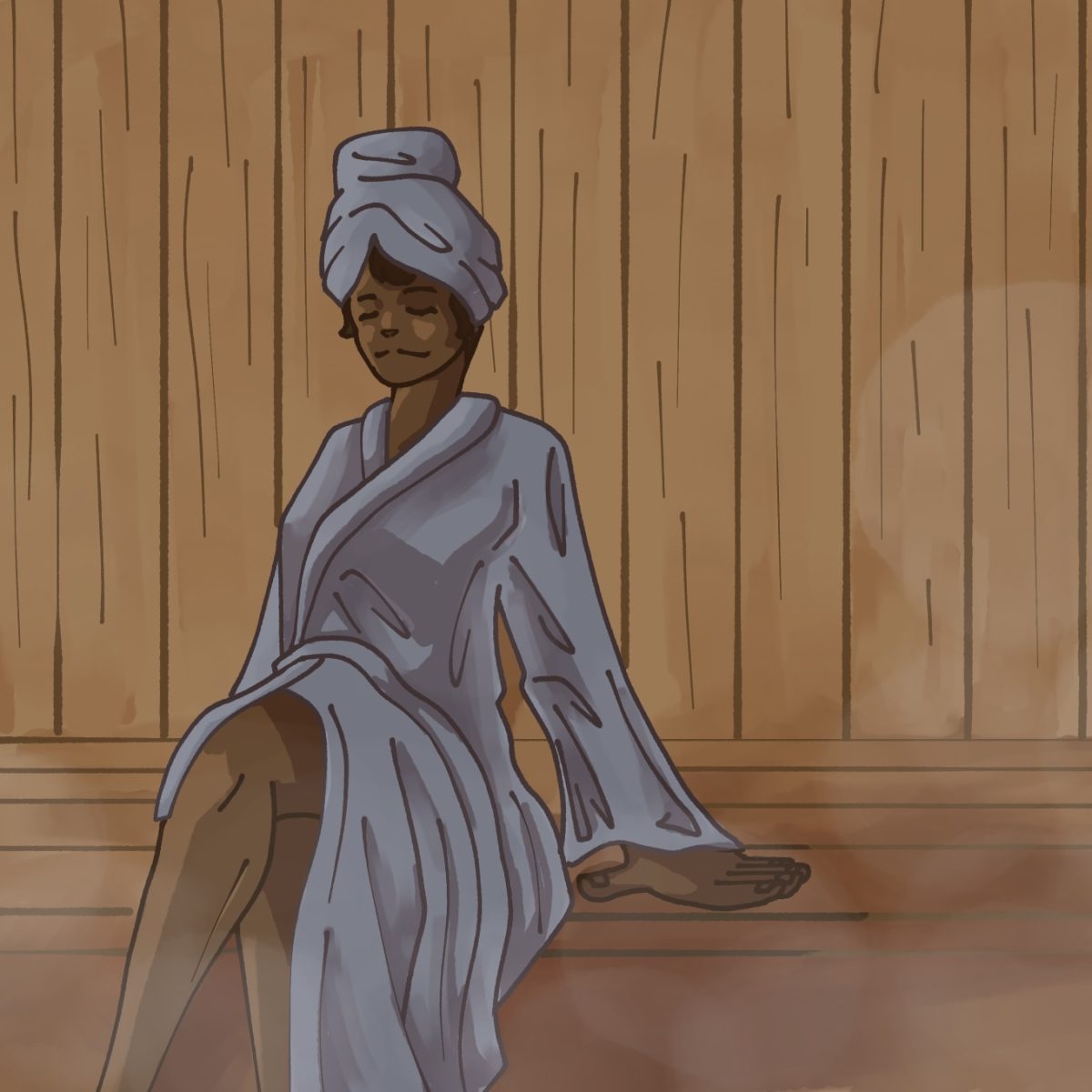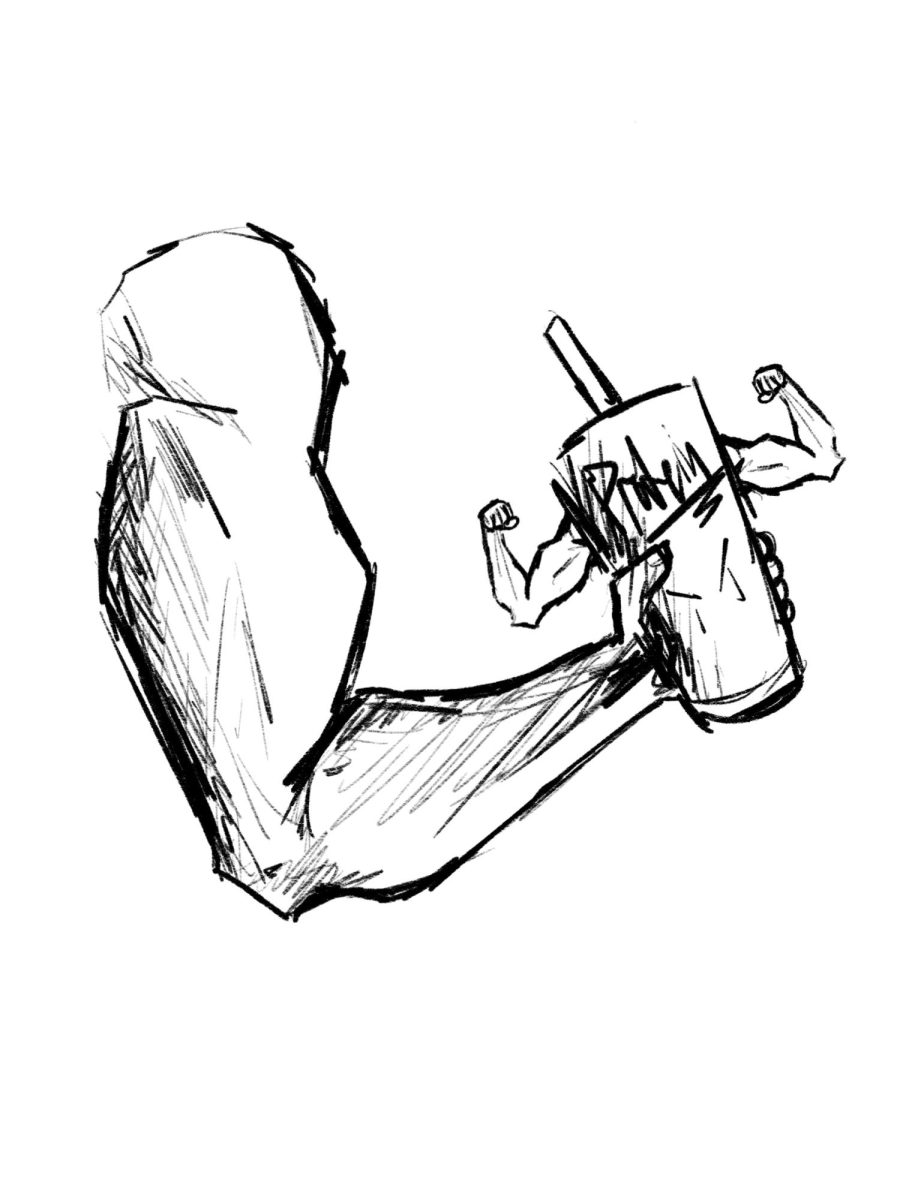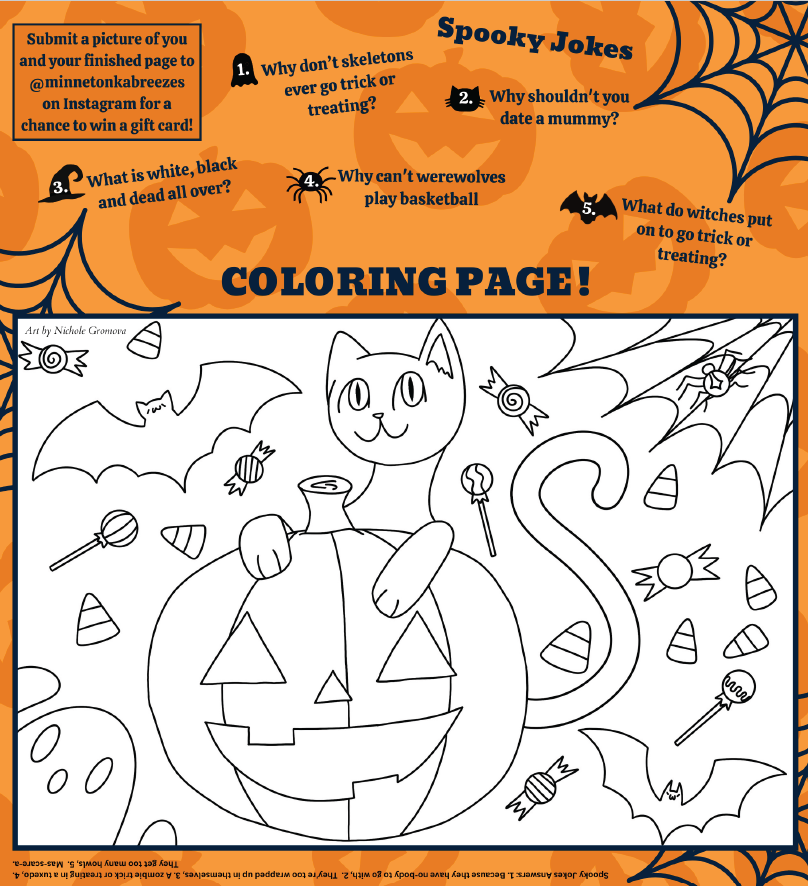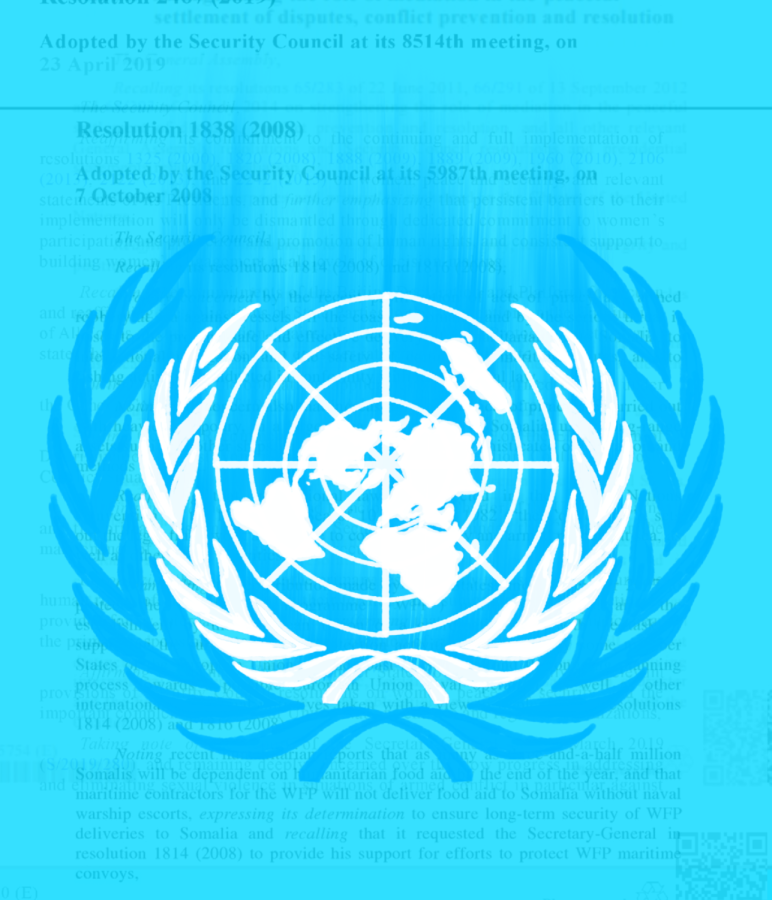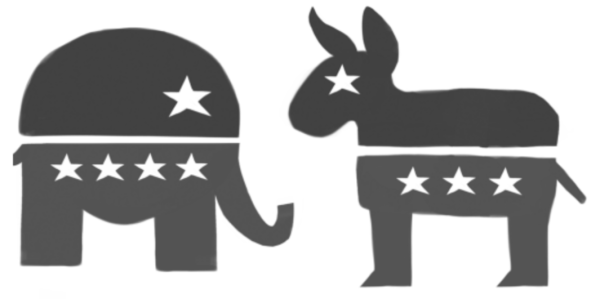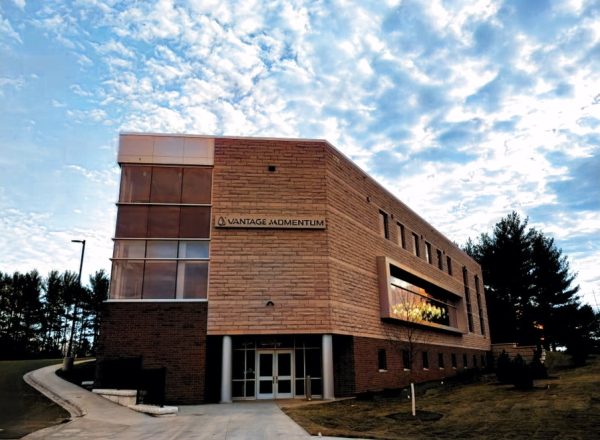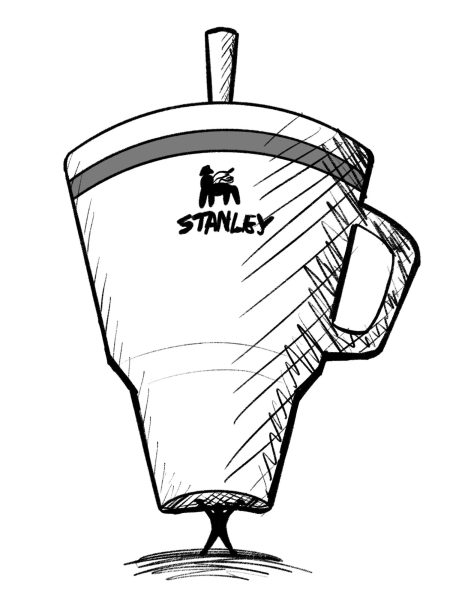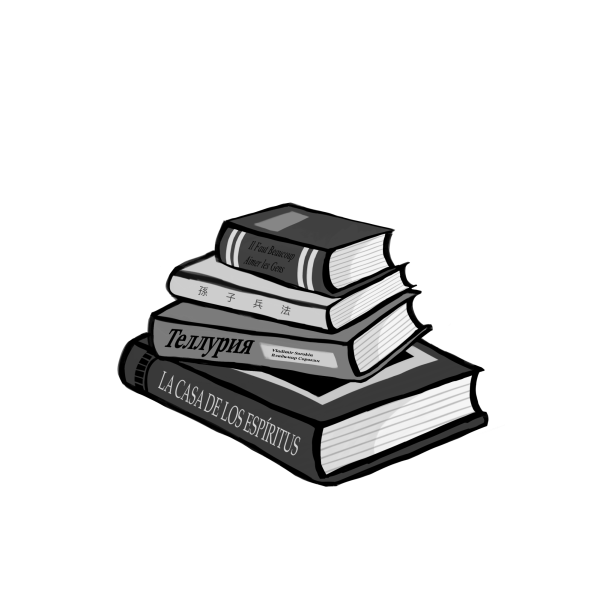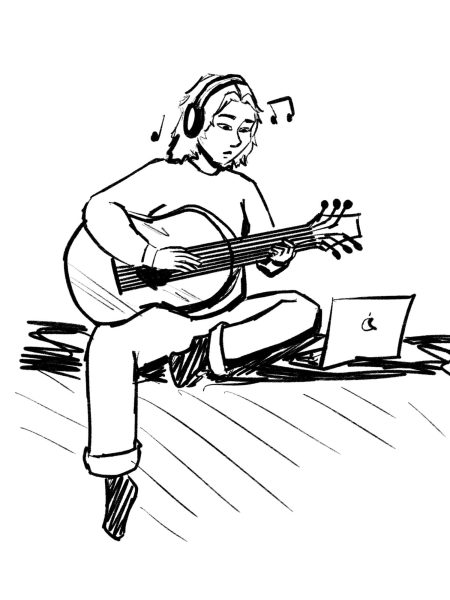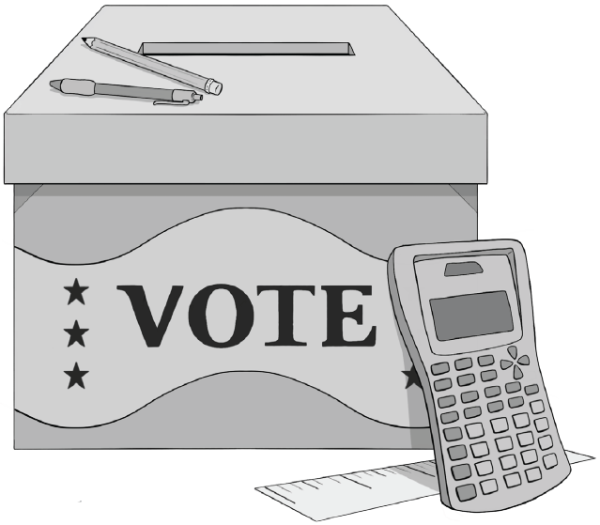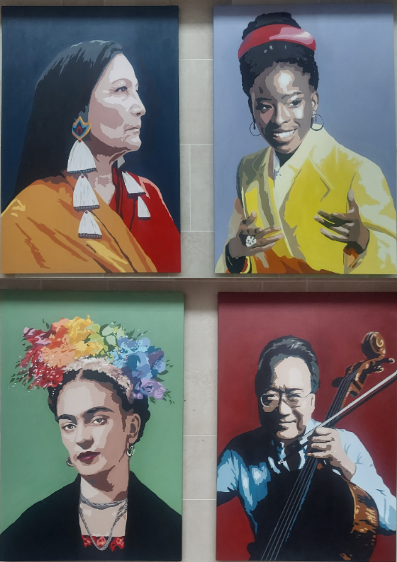Model UN: A Club Helping Students Engage In Global Issues
February 22, 2022
Debate. DECA. VANTAGE. For some students, these terms conjure up images of intense research and presentations. Many students thrive in these conditions and find the intensity entertaining and rewarding in its own academic way. Other students may be looking for a more lighthearted exercise in debate and real-world issues without such a large workload. Enter Model UN.
Model UN, as the name implies, is heavily inspired by the operations and directives of the United Nations. As Gabi Malaret, ‘23, explained, students may play as countries in the General Assembly, negotiating with other nations and drafting proposals to address issues like immigration, climate change or nuclear war.
At other points, the students break up into smaller committees where they take on the role of individual characters—often actual historical figures—in a more specific scenario. While this requires some initial research on the positions of specific countries on certain issues, it also opens the door to a lot of clever role-playing.
Maxwell Maveus, ‘22, was assigned at a recent Model UN conference to the role of Minister of Finance under Japanese Prime Minister Shigeru Yoshida in 1949. Operating with the knowledge that his character was patriotic and sympathetic to the working class, Maveus started a Communist revolution and helped found a new country within Tokyo. This adventure was facilitated by the format of the Crisis Committee in which Maveus played.
Crisis Committees are unique among the activities of a Model UN conference for their numerous breaks in which Model UN staff update the situation based on the secret actions of players. When players are not talking and writing resolutions, they can spend their time scheming and sending secret notes to other players and staff, as Maveus did to start his revolution without any other players knowing it was him.
Model UN allows delegates to practice a wide variety of important skills in an approachable way. It combines elements of public speaking, debate, problem-solving and general world politics while also encouraging ridiculous humor and antics ranging from treacherous romantic side quests to hallucinogen-laced envelopes at Peppa Pig-themed conferences.
Model UN’s constructive, lively nature is helped by its flexible scoring system.
As Minnetonka Model UN Assistant Adviser Caitlin McWhirter highlighted, the winners of Model UN conferences are not only the ones who talk the most or best advance their own agenda. Instead, winning Model UN is dependent on collaboration and creativity. Writing successful resolutions, overcoming political or personal differences and having the largest impact on the story of a session all contribute towards recognition.
Anyone looking to develop important team building skills, political knowledge or role-playing abilities may find a place at Model UN. The Minnetonka Model UN club meets on Mondays, typically in the Forum, from 7:10 to 7:45. They attend conferences at the local or national level several times a year, though these have been held virtually since the start of the pandemic. To learn more, contact advisers Claire Harley ([email protected]) or Caitlin McWhirter ([email protected]) or check out the Minnetonka Model UN Instagram @tonkamun.


